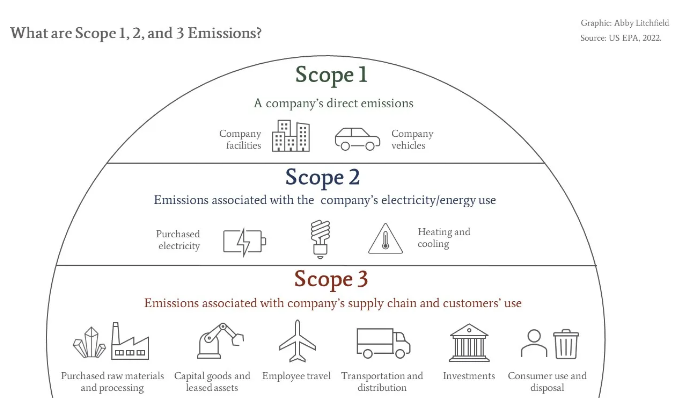
8 Mar 2023
How Much Will It Cost to Reach Net Zero?
Excerpt posted with permssion from ESG Impact Zone. Full article also available.
As we’ve said, there’s a lot of uncertainty about future regulation and technology. Net zero action is relatively new, with most companies just now setting targets. Over the next five to 10 years, there will be much clearer information on the costs that individual companies must pay to reach net zero.
At the broad sectoral level, some assessments of costs are available, e.g. from McKinsey. But these are rough estimates, with many assumptions. Also, the numbers mostly focus on requirements for new investments. Much investment in new technologies is replacing investment in conventional technologies; over time, technology would be replaced even without net zero pressures.
Researchers and companies are trying to drill down on the numbers: for example, Dr. Christian Blanco at Ohio State University has analyzed 16,525 company carbon reduction projects, classifying them by investment requirements and rates of return.
More guidance will emerge in the next few years, but for now, individual company costs remain uncertain. That can make it harder for companies to move forward quickly.
What Happens If We Don’t Achieve Net Zero?
Personally, we prefer to keep climate-related disasters in the movie theater. But there’s reason for real-life concern.
Even if the world reaches net zero by 2050 and hits the target of 1.5°C, the Intergovernmental Panel on Climate Change (a leading group of international climate change researchers) says we will experience more frequent and powerful storms, sea-level rise, droughts and water scarcity. Key ecosystems that humans depend on, like ocean fisheries, will also suffer.
Many of these impacts will be felt by the world’s poorest people first and hardest.
If temperature rises are higher than 1.5°C, these impacts become even worse. We may even trigger irreversible tipping points, like runaway melting of polar ice caps, which would drive further temperature increases. At these higher levels of temperature rise, the long-term viability of human civilization really comes into question.
For us, this is reason to double down on our academic and corporate work. Many people want to be part of positive change. Let’s work together to “race to zero.”
Image from ESG Impact Zone.
Follow us on social media:


.d57b427b.png&w=3840&q=75)

















